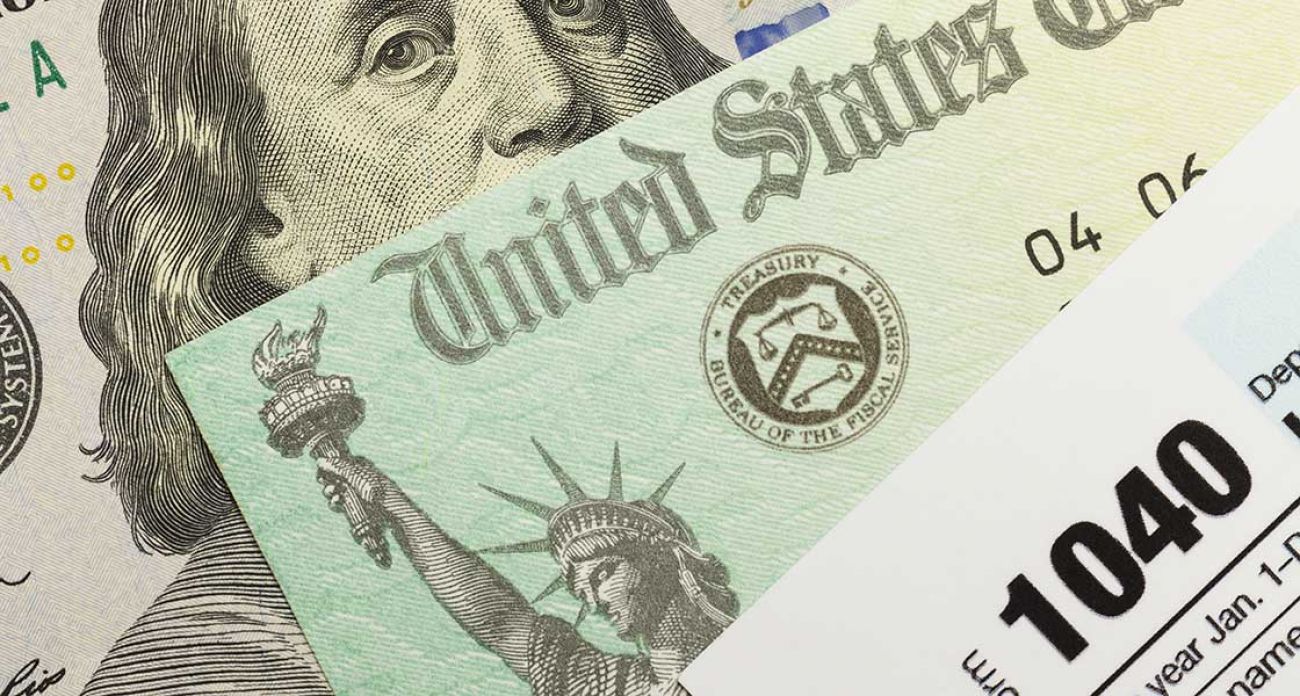Michigan doles out more in tax breaks than it spends on schools

Like all other governments, Michigan provides services through a host of taxes. According to the state Treasurer Department, the major sources of revenue this year:
- $10.6 billion from a 4.25 percent tax on personal income taxes
- $8.6 billion from a 6 percent sales tax
- $2.2 billion from a 6-mill property tax to fund schools
- $1.8 billion from “use taxes,” a 6 percent tax on the sale of vehicles, out-of-state purchases and businesses, rental income and the like
- $1 billion from the Michigan Lottery
- $854 million from tobacco tax ($2 on a pack of cigarettes, 50 cents per cigar)
- $569 million from the 4.95 percent general business tax
- About $235 million total from alcohol taxes, most of which is a 12 percent tax on liquor but also a $6.30 per barrel tax on beer and wine taxes that vary depending on alcohol content
- $121 million from a 8.1 percent tax on casino and wagering revenue
Michigan also has several other specific taxes that collect revenue from, among other things, tree harvesting at state forests, parking at the Detroit Metropolitan Airport and simulcast wagering.
Is that a lot?
Michigan ranked 12th in the national Tax Foundation’s 2020 business climate index, which measures state tax burdens. Michigan was 18th lowest for corporate income taxes, 12th for individual income taxes, ninth for sales taxes and 24th for property taxes.
On the one hand
Michigan law limits how much taxes the government can collect through two constitutional amendments approved by voters.
Proposal A of 1994 slows the increase in taxable property values by mandating they can only grow by the rate of inflation or 5 percent per year, whichever is lower. That means that, even in hot real-estate markets, taxes for homeowners won’t increase significantly each year.
The Headlee Amendment of 1978 limits the amount of tax and fee revenue governments can collect per year to no more than 9.49 percent of total personal income.
What’s that mean? Last year, state residents earned some $460 billion total. Under Headlee, the state could have collected $44 billion in taxes, but various policies limited collections to $33.7 billion, according to consensus state revenue figures.
On the other hand
Michigan gives out a ton of tax breaks on the belief that they create jobs. In 2017, the state doled out $27.5 billion worth, more than it collected for schools and general government.
And under former Gov. Rick Snyder, Michigan businesses received a collective tax cut of $5.2 billion, while individual taxpayers endured a $4.7 billion tax increase through repeal of previous tax loopholes, reduction in tax credits for low-income families and new taxes on pensions.
That tax shift from business to individuals essentially amounted to a per-person tax increase of $150 per year. At the same time, wages in Michigan have grown solidly since 2010, but remain 10 percent below the nation as a whole.
Editor's note: The headline atop this story was changed Feb. 11 to reflect that Michigan doles out more on overall tax breaks, including those on sales tax and other expenditures, than it does for schools. An earlier headline falsely stated that business tax breaks, which totaled about $1 billion, eclipsed school expenditures.
2020 Michigan Fact & Issue Guide
- Michigan could decide presidency. These are the facts that shape our state.
- 50 facts that frame Michigan, from health care and poverty to crime
- Michigan K-12 test scores slowly improving, but remain mediocre at best
- Early childhood education is key to success. Michigan still has work to do.
- Michigan college tuition hikes leave average graduate with $35K in debt
- Jobs up, poverty declines as Michigan emerges from Great Recession hangover
- Incomes climb in Michigan, but state still struggles with loss of manufacturing
- Michigan has great access to health care. Health outcomes are another story
- Michigan’s cherished Great Lakes, clean waters face threats from all sides
- Michigan roads are infamously bad. But sewers and dams are in rough shape too
- Michigan employs 48K people. A quarter of them work in prisons.
- Nearly 200 Michigan communities are financially distressed, despite economy
- Michigan is a toss-up state again after favoring Democrats for a generation
- Michigan voters may weigh ballot issues on abortion, LGBTQ, lobbying reforms
See what new members are saying about why they donated to Bridge Michigan:
- “In order for this information to be accurate and unbiased it must be underwritten by its readers, not by special interests.” - Larry S.
- “Not many other media sources report on the topics Bridge does.” - Susan B.
- “Your journalism is outstanding and rare these days.” - Mark S.
If you want to ensure the future of nonpartisan, nonprofit Michigan journalism, please become a member today. You, too, will be asked why you donated and maybe we'll feature your quote next time!




